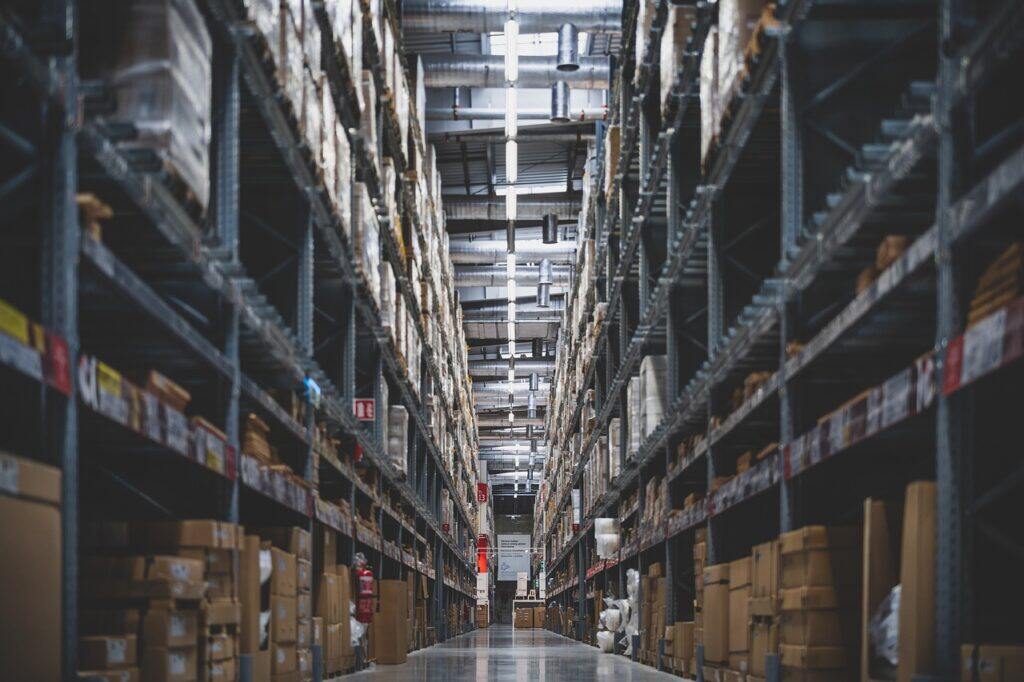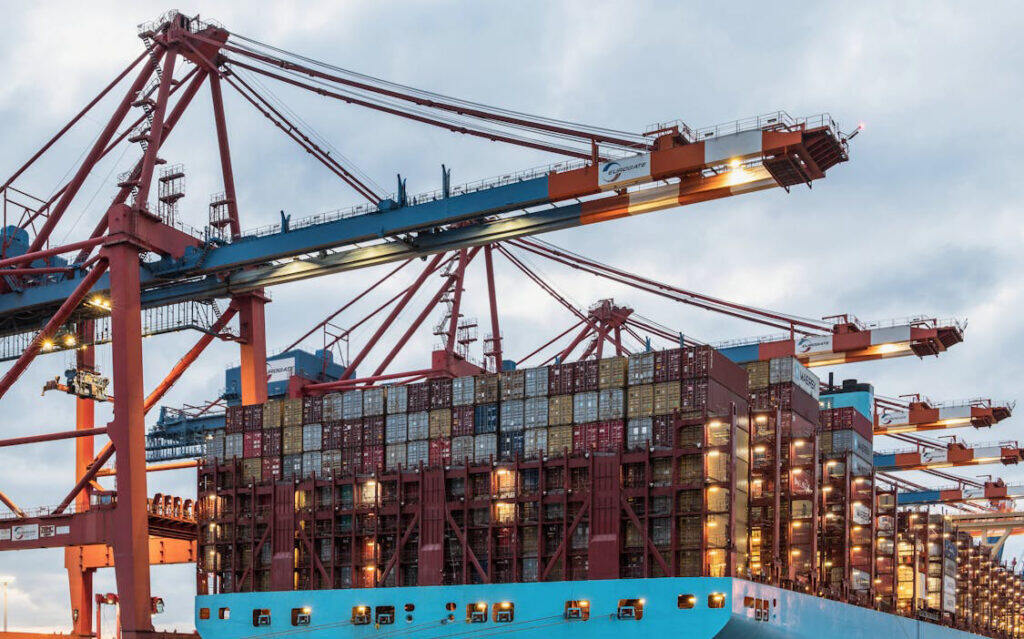As the world’s factory, China has abundant commodity resources and a complete supply chain system, making it an ideal destination for global wholesale procurement. However, for companies or individuals who come to China for procurement for the first time, it is not easy to find high-quality sources of goods and maximize wholesale profits. This article will provide you with some practical China procurement strategies to help you complete procurement tasks efficiently and get the most benefits.

1. Clarify procurement goals and needs
Before you start purchasing, you first need to clarify your purchasing goals and needs. This includes the type, quantity, quality standards, price expectations, etc. of the goods you want to purchase. Clear goals and needs will help you search and screen sources more specifically.
2. Choose the right sourcing channel
China has a variety of procurement channels, including online and offline channels. Online channels mainly include large e-commerce platforms such as Alibaba, 1688, and AliExpress, as well as various vertical industry websites. Offline channels include major wholesale markets, exhibitions, and factory direct sales.
Online channels: The advantages of online channels are comprehensive information, transparent prices, and ease of comparison and screening. However, it should be noted that the suppliers on online platforms vary greatly and need to be carefully identified.

Offline channels: The advantage of offline channels is that you can inspect the quality of goods on site and negotiate with suppliers face to face. But it requires more time and energy.
3. Find high-quality sources
Finding high-quality sources is the key to maximizing wholesale profits. You can find high-quality sources by:
Search through online platforms: On platforms such as Alibaba and 1688, you can find relevant suppliers through keyword search, industry screening, etc.
Participate in industry exhibitions: Various industry exhibitions are important platforms for finding high-quality sources of goods. You can learn about the latest products and market trends through exhibitions and negotiate directly with suppliers.
Entrust a professional sourcing agent: If you lack sourcing experience or have limited time and energy, you can entrust a professional sourcing agent to assist you in finding sources of goods.

4. Evaluate supplier qualifications
Before negotiating with a supplier, you need to evaluate the supplier’s qualifications. This includes the supplier’s business license, production license, product quality certification, etc. You can check the supplier’s qualification information through channels such as the website of the industrial and commercial department and the website of the product quality supervision department.
5. Request samples and conduct quality inspection
Before signing a purchase contract, you need to request samples from the supplier and conduct a quality inspection. You can do the inspection yourself or entrust a third-party testing agency to do the inspection. Through quality inspection, you can ensure that the purchased goods meet your quality standards.
6. Negotiate price and payment terms
When negotiating prices with suppliers, you need to understand the market situation and strive for the most favorable price based on your purchase volume and payment method. At the same time, you also need to clarify the payment terms with the supplier, including payment method, delivery period, after-sales service, etc.
7. Handle import and export formalities
If you are an overseas buyer, you need to go through the relevant import and export formalities. This includes declaring customs, paying duties and taxes, etc. You can do it yourself or entrust a customs broker to assist you.

With the above tips, you can efficiently complete your China procurement tasks, find high-quality sources, and maximize your wholesale profits. I hope these suggestions are helpful to you.
Leave a Reply